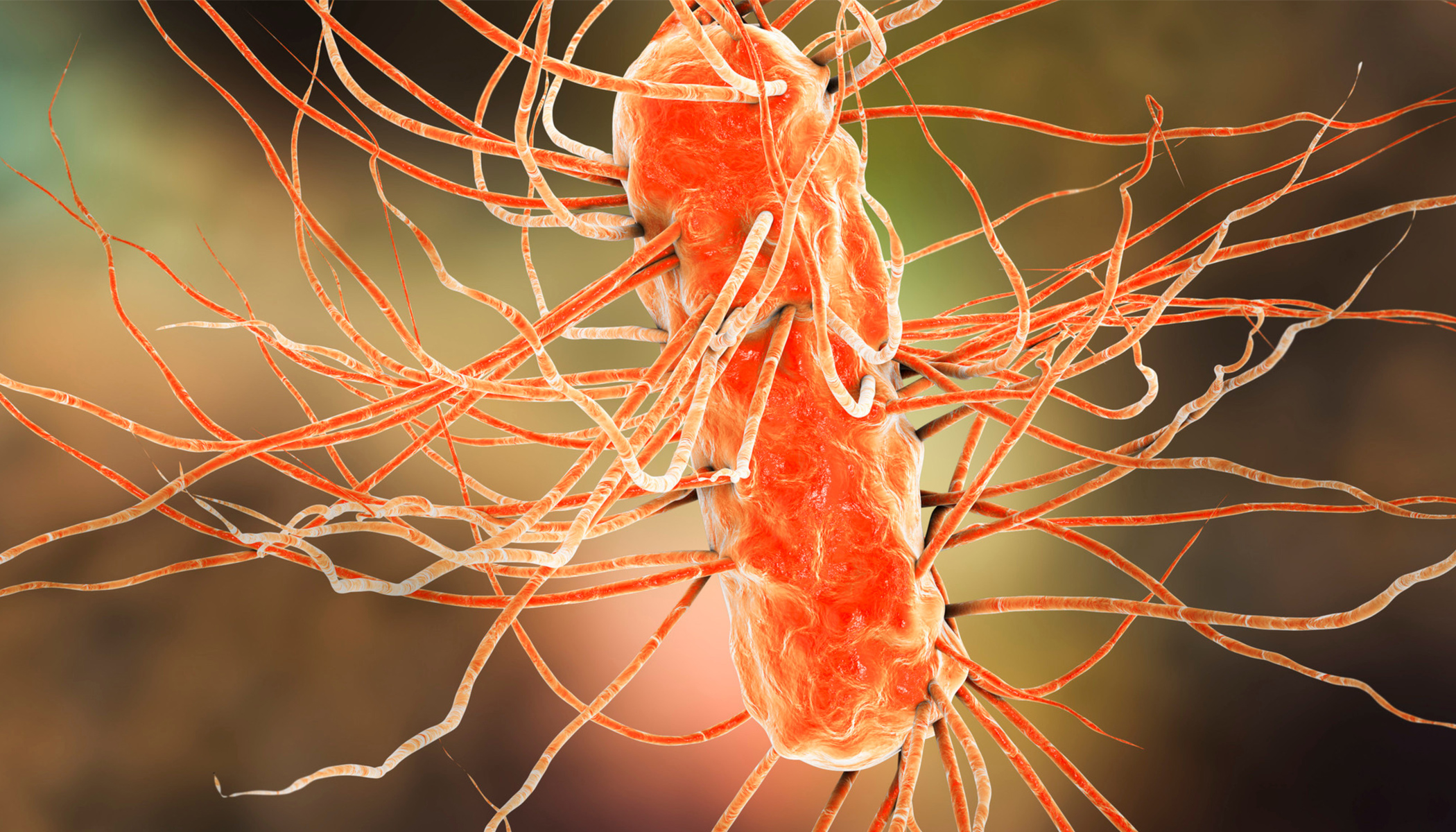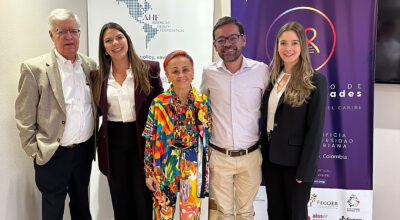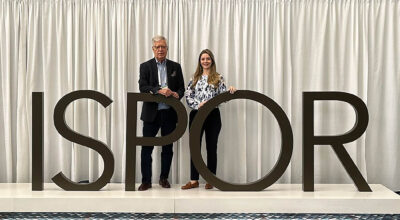What is the impact of the work we do? What can be achieved through meetings of experts on a public health issue resulting in a manuscript with evidence-based recommendations to address said issue, considering a specific audience and the context of a specific country or region? The answer is: change. Through programs that bring to light existing unmet needs surrounding a healthcare topic and bridge knowledge gaps among physicians, healthcare providers, decisionmakers, patients, caregivers, and other stakeholders within the healthcare environment, we can provide evidence for the need for a diagnostic or therapeutic tool to be known, regulated, approved, adopted, made available, or made accessible.
Earlier this month, we wrapped up yet another one of these expert meetings – which we call consensus conferences – on the topic of challenges and opportunities for Digital Pathology in Latin America. The resulting manuscript, developed by six key opinion leaders in the field, highlights the transforming potential digital pathology (DP) has to enhance diagnostic capabilities and standardize pathology reports, while addressing barriers which hinder DP implementation in the region, including regulatory hurdles, training, and resource availability. This article, which is currently under review for publication, holds the potential to increase knowledge and awareness on the value of DP to the Latin American context among physicians, payers, and decisionmakers in the region, thus contributing to its further implementation.
Publications resulting from our consensus conferences have a remarkable impact. Only this month, we celebrated the anniversary of three publications, which together reached 9,127 views. In less than a year, our publication on the opportunities and challenges for newborn screening and early diagnosis of rare diseases in Latin America has reached 3,280 views, and 771 downloads. The article, published in Frontiers in Genetics, can be accessed here. Our impact is also long-lasting and cumulative: a publication which came out nine years ago, “Recommendations for the Regulation of Biosimilars and their Implementation in Latin America” has reached 27,725 views, with hundreds of views just this year. You can find the article here.

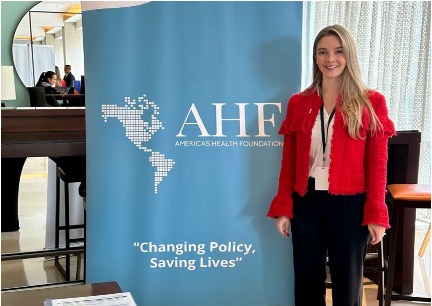
Another front of our impact is our presence at international healthcare events. Just recently, our Regional Medical Director, Dr. Mariana Rico, participated at the LATAM Clinical Summit, an Illumina event, discussing advances in genomics for oncology and rare diseases in Latin America.
Finally, we are always proud to acknowledge that our impact extends itself through the work of our partners and friends. ERCAL, our partner organization, continues to grow and work towards its mission to be a regional cooperation alliance integrating multiple stakeholders in the rare disease environment.
As of 2023, ERCAL has been legally incorporated as a nonprofit foundation and the proprietary owner of its name and established a new Board of Directors to oversee its strategic direction. Dr. Roberto Giugliani, one of the top key opinion leaders in rare diseases in Latin America, is the Board Chairman. Diego Gil, a spokesperson for inclusion and social equity, and also president of FECOER, one of the most prominent patient groups in Latin America, is the President at ERCAL. Other members of the ERCAL Board include Dr. Ignacio Zarante, Head of the Department of Genetics at the Institute of Human Genetics at Pontificia Universidad Javeriana, Maria Elena Almendariz, who is currently working with the Ministry of Health to include rare diseases in the APEC agenda for 2024, and Dick Salvatierra, our President at AHF.
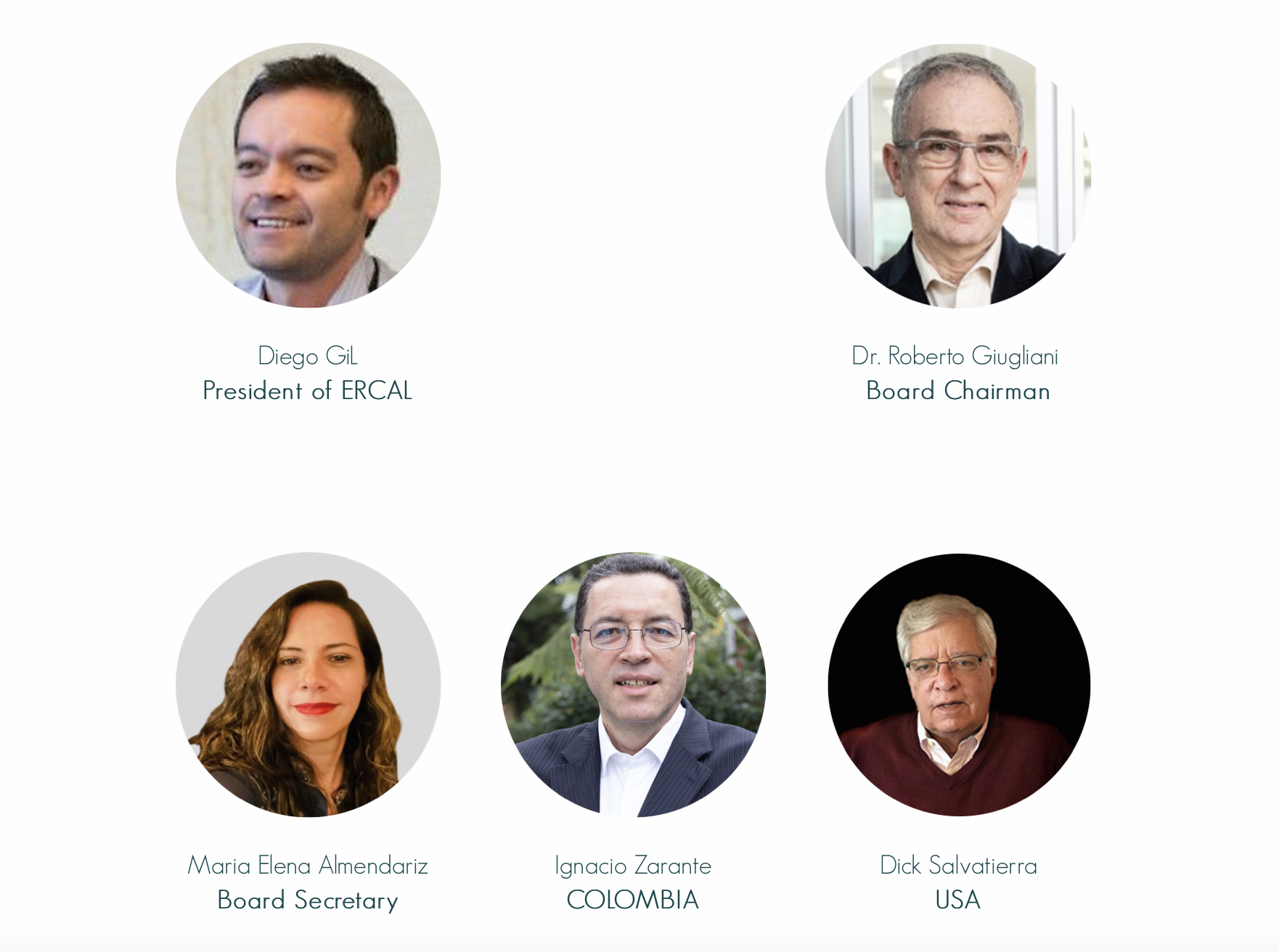
Despite our constant efforts, challenges and opportunities remain, and we need the support of those who care about healthcare – those who want to increase access to diagnostic tools and treatments that can improve outcomes and increase the quality of life of those living with a disease. Today, we invite you to care. We invite you to make a change with us.
Sincerely,
The AHF Team.

